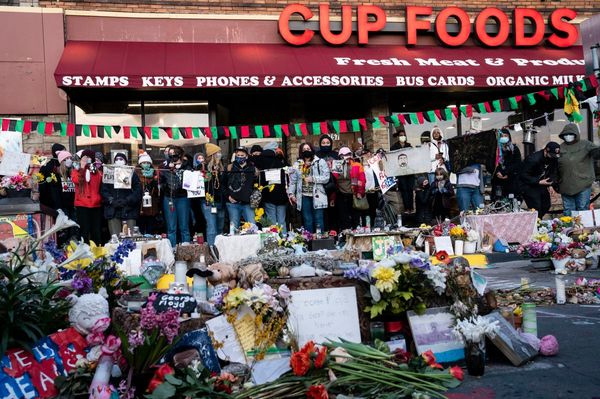
When Andrew Tate was booted from Instagram, YouTube and TikTok earlier this month, the internet celebrity announced that Rumble would be the new digital home for his content. Not long after, the alt-tech video platform went to number one on the Apple and Google app stores.
Tate is the latest online personality whose controversial statements and acts have tested what tech companies will allow on their platforms. Like Alex Jones or Milo Yiannopoulos before him, Tate’s conduct — in this case, hate speech — led to him being deplatformed. Rumble welcomed him with open arms.
Although the company has been around for almost a decade, the YouTube competitor has shot to prominence in recent years in reaction to Google’s and Facebook’s increasing efforts to moderate misinformation and hate.
Rumble, like a number of other alt-tech companies, positions itself as a “free speech alternative”. Of course, there are limits to the company’s commitment to opposing censorship; the platform’s rules ban unlawful conduct, pornography, stalking, discrimination and unauthorised advertising.
Its promise of being “immune to cancel culture” means in practice that it will allow users to post content containing dangerous lies and conspiracy theories. In fact, the platform actually pushes users towards misinformation through its recommendations: “If you search ‘vaccine’ on Rumble, you are three times more likely to be recommended videos containing misinformation about the coronavirus than accurate information,” WIRED journalists Ellie House, Alice Wright and Isabelle Stanley wrote.
This willingness to accept and even promote misinformation has made it popular with online right figures embracing conspiracy and hate. Prominent right-wing figures like Donald Trump, Sean Hannity and Dan Bongino post Rumble videos alongside people like Alex Jones, QAnon believers and anti-vaxxers.
Tate’s public migration to Rumble has given the platform a boost in popularity, but the company is no flash in the pan. It has prominent backers, such as Peter Thiel, and late last year announced intentions to go public on the Nasdaq at a US$2.1 billion dollar valuation.
Alt-tech platforms are a dime a dozen, but Rumble has shown a longevity and sustained popularity that some others haven’t. The growing popularity of a legitimate tech player that promotes harmful information is a new threat to our already polluted information ecosystem.







